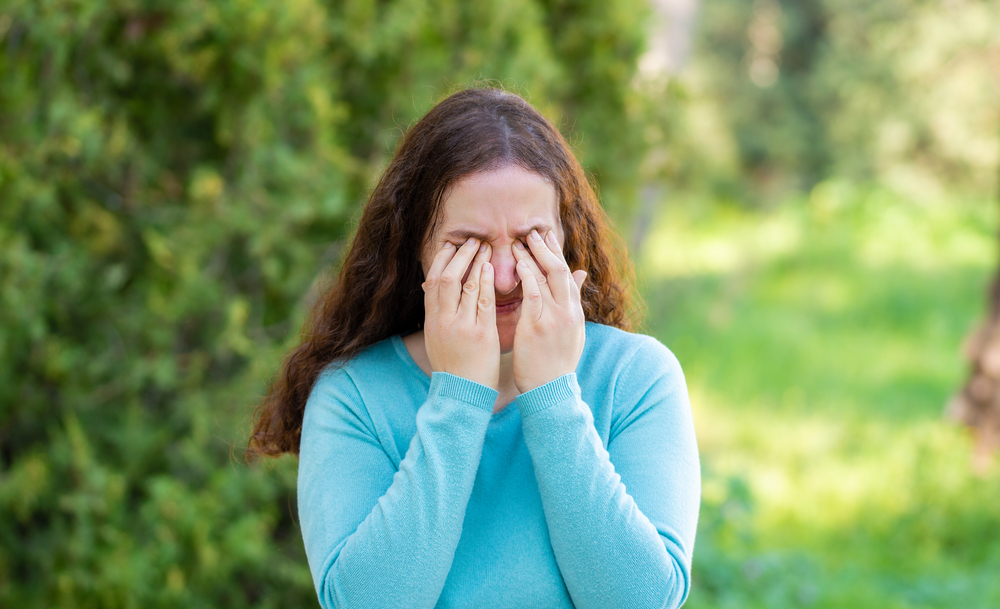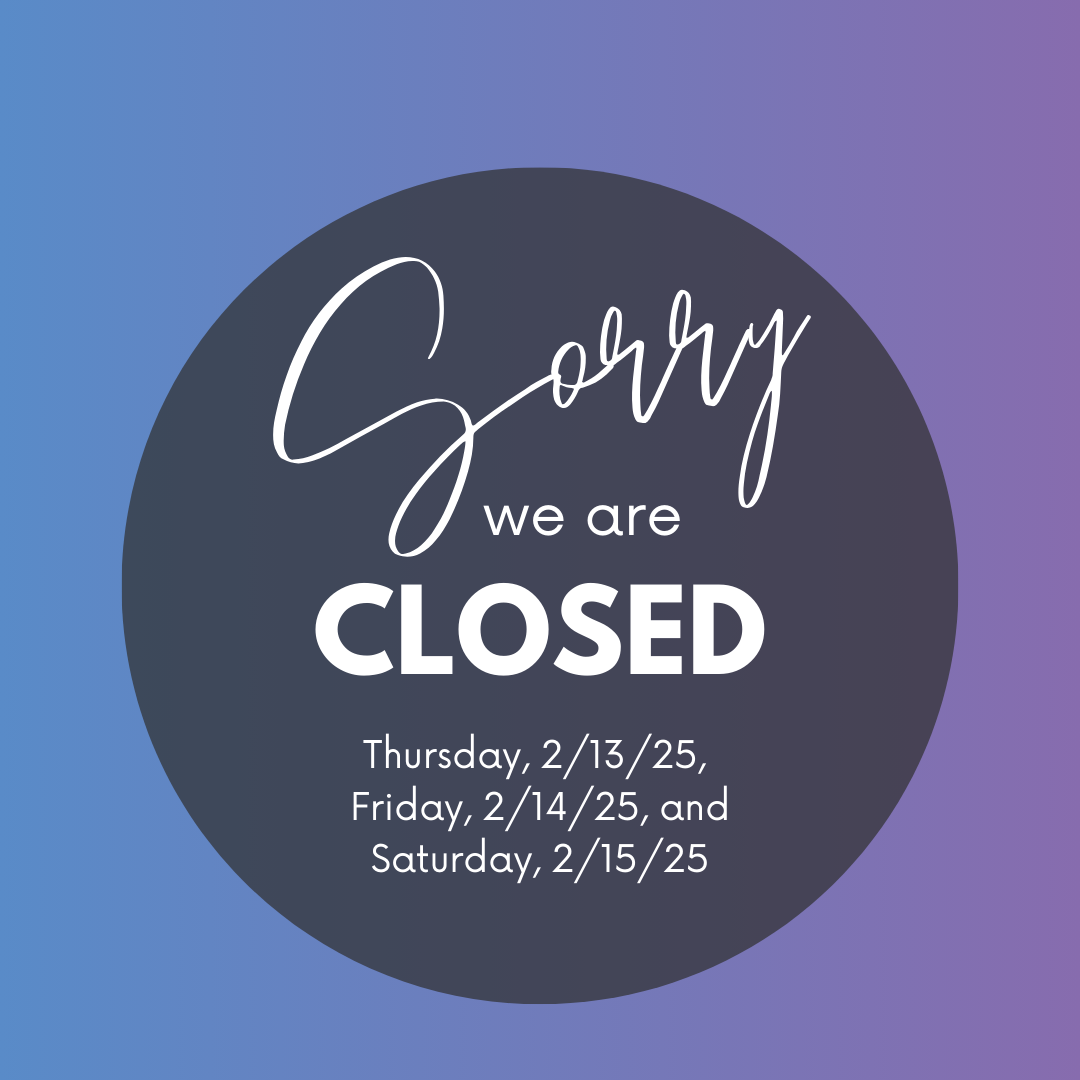
Seasonal eye allergies are a response by the body's immune system to certain allergens that are present during specific times of the year. These allergens can include things like pollen, mold, dust mites, and pet dander. When these substances come into contact with the eyes, they can cause a variety of symptoms, ranging from mild discomfort to severe irritation.
The impact of these allergies can be significant, affecting daily activities and quality of life. But, with the right knowledge and measures, it's entirely possible to manage the symptoms and carry on with daily life relatively unhindered.
The Causes of Seasonal Eye Allergies
To combat seasonal eye allergies effectively, it's crucial to understand what causes them. The primary culprits behind these allergies are airborne allergens. These tiny particles can easily come into contact with your eyes and trigger an allergic reaction.
Pollen from trees, grasses, and weeds is one of the most common causes of seasonal eye allergies. Springtime is notorious for triggering such allergies due to the high pollen count in the air. Mold spores, another significant cause, can be present throughout the year but often become more prevalent during humid and rainy seasons.
Other common allergens include dust mites and pet dander. Although these allergens can cause symptoms year-round, you may notice your symptoms worsening during specific seasons, depending on factors such as indoor heating or the presence of certain plants or animals.
Identifying the Symptoms of Seasonal Eye Allergies
The symptoms of seasonal eye allergies can vary from person to person, but there are some common signs to look out for. The most common symptom is itching in the eyes. This is often accompanied by redness and a burning sensation.
You might also experience watery eyes, which is your body's attempt to flush out the allergens. In some cases, you may notice swelling around your eyes, along with a gritty feeling as if there is something in your eye.
If you experience any of them, especially if they occur seasonally, it's likely that you are dealing with seasonal eye allergies. It's important to seek medical advice to confirm your condition and discuss the best course of treatment.
Effective Methods for the Prevention of Seasonal Eye Allergies
Preventing seasonal eye allergies can be a bit tricky, considering the ubiquity of allergens. However, there are several effective methods that can help reduce your exposure.
Firstly, keep tabs on the pollen count in your area, especially during spring and fall. Limiting your outdoor activities on high pollen count days can significantly reduce your exposure. Wearing sunglasses or eyeglasses when you're outdoors can also act as a barrier between your eyes and allergens.
Keeping your home clean can also help. Regular vacuuming and dusting can minimize the presence of dust mites. If you have pets, try to keep them off your bed and furniture, as pet dander can contribute to your symptoms.
Treatment Options for Seasonal Eye Allergies
Treatment options for seasonal eye allergies are varied, and what works best for you will depend on the severity of your symptoms. Over-the-counter eye drops and antihistamines can provide temporary relief from mild symptoms. These medications work by blocking the histamine that your body produces during an allergic reaction.
For more severe symptoms, prescription medications may be necessary. These can include stronger antihistamines, corticosteroids, and therapy treatments. Your doctor can guide you in choosing the best treatment option based on your specific needs and symptoms.
Manage Your Seasonal Eye Allergies Today
Seasonal eye allergies can be a nuisance, but with the right knowledge and strategies, they can be managed effectively. By understanding the causes and symptoms, and by exploring the various prevention and treatment options, you can find a way to minimize the impact of these allergies on your daily life.
For more information on symptoms, prevention, and treatment options for seasonal eye allergies, visit Vision Concept at our Houston, Texas, office. We strive to help you achieve your best vision and ocular health so that you can live better with better vision. Please call (281) 688-6400 to schedule an appointment today.











